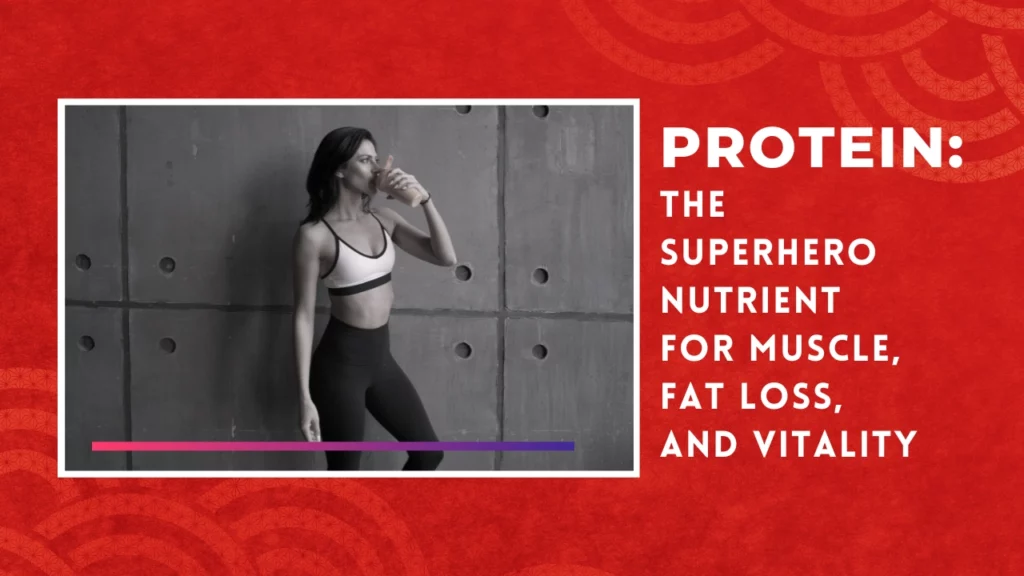
Protein is widely recognized as a crucial macronutrient, yet many people struggle to consume an adequate amount of it.
If your goal is to build muscle or achieve a toned physique, it is essential to prioritize protein consumption.
Even if you’re aiming to lose fat, incorporating protein into your diet is beneficial. A higher protein intake not only supports muscle retention but also promotes satiety, which can aid in fat loss.
Consider gifting a tub of protein powder to a friend who is on bed rest or recovering from surgery or a wound. Protein can contribute to their healing process.
In addition, protein plays a role in preventing age-related sarcopenia, a condition characterized by the loss of muscle mass and strength, which can lead to frailty, disability, and diminished independence in older adults.
Protein is involved in the growth and repair of tissues and cells, immune function, enzyme activity, and cell structure formation in our bodies. It serves as a building block for many essential components such as hormones, ion channels, enzymes, transporters, neurotransmitters, antibodies, muscle proteins, DNA, as well as skeletal and connective tissues.
Sufficient protein intake is vital not only for achieving desired body composition or performance goals but also for overall health.
So, how much protein should you consume?
For general health purposes, aim for 1.2-1.7 grams of protein per kilogram of body weight. Athletes and individuals with body composition goals should target a higher intake of 1.8-2.2 grams per kilogram of body weight.
If you’re in a calorie deficit, your protein needs may even increase to 2.5 grams per kilogram of body weight.
Contrary to common concerns, there is no scientific evidence linking high protein diets to renal disease or adverse bone health. The available evidence does not support the idea that a high protein diet causes renal disease. However, individuals with existing renal disease or kidney dysfunction may need to follow a lower protein diet.
To help you meet your protein goals, here are some practical tips:
- Distribute your protein intake evenly throughout the day, incorporating it into each meal and snack.
- Consume protein after your workouts to support muscle recovery.
- Increase your protein portion size by adding an extra ounce of protein to each meal.
- While protein shakes and bars can be convenient, avoid relying on them as your sole sources of protein.
- Prepare protein-rich meals in bulk to ensure you have an adequate supply. For example, you can cook a few pounds of ground turkey or beef once a week.
Looking for a more individualized approach to get your nutrition on track? Contact us today so we can match you with one of our experienced nutrition coaches today!
info@crossfitimmersion.com
954-341-8430